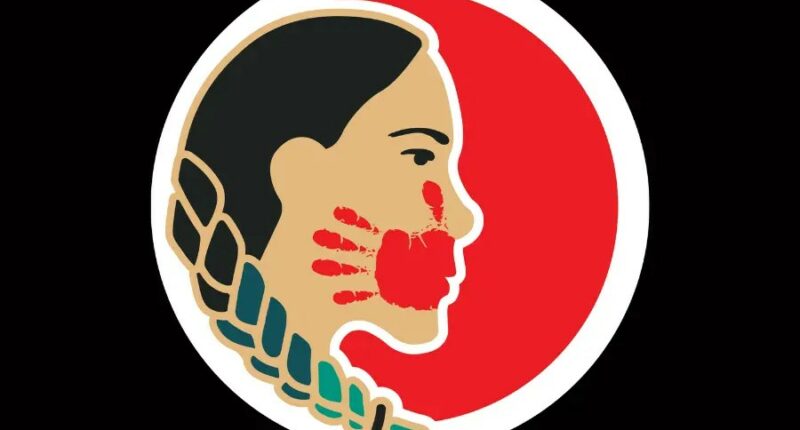Share this @internewscast.com

() Minnesota has launched a new statewide tip program to help solve long-standing cold cases and hopefully bring closure to the families of dozens of missing and murdered Indigenous people.
The initiative, led by the Minnesota Department of Public Safety’s Murdered and Missing Indigenous Relatives Office, is aimed at gathering critical information on unsolved homicides, suspicious deaths, and long-term missing persons cases.
The Gaagige-Mikwendaagoziwag Reward Fund is funded through a one-time allocation of $250,000 by the state legislature during the 2022–2023 session. In Ojibwe, Gaagige-Mikwendaagoziwag means “They will be remembered forever.”
Currently, 16 cases are eligible under the program, including two active missing persons cases, according to the Minnesota Department of Public Safety.
“Over the years, we have probably investigated hundreds of tips in our two most high-profile missing persons cases,” Bemidji Police Chief Mike Mastin said in a statement. “Even promising leads can fizzle out when tipsters stop responding. We hope that these financial incentives can help those with information to stick with our investigation until the end.”
Rewards range from $1K to $10K
To qualify for a reward, cases must be open and active with a law enforcement agency and must go through the MMIR Office’s intake process. Tips must provide specific, actionable information that helps move the case forward.
Tipsters who are suspects, accomplices, or deceased are not eligible for payment. Tips can be submitted directly to law enforcement or through third-party organizations such as Crime Stoppers. While anonymous tips are accepted, reward eligibility may require direct communication or follow-up.
Reward amounts vary based on the impact of the information provided:
- $1,000 – $2,500: For tips identifying persons of interest or accomplices
- Up to $5,000: For information leading to arrests or major investigative breakthroughs
- Up to $10,000: For tips that help locate remains, support prosecution, or close a case
Notably, a prosecution is not required for a reward to be granted.
57% of missing Indigenous people in Minnesota are women
Funds for the program are generated from the sales of MMIR specialty license plates and individual donations. The license plates were introduced in February 2024.
There is currently about $350,000 in that account, more than $100,000 of which is supported by 4,458 registered MMIR license plates as of July 10, the agency said.
According to MMIR, 716 Indigenous people were reported missing in Minnesota last year; 57% of them were women. Indigenous women make up less than 1% of the state’s population, yet in 2024, they represented 10% of all missing female cases.
The new tipline is part of a broader push to address this long-standing and disproportionate crisis and offer hope to families still waiting for answers.










